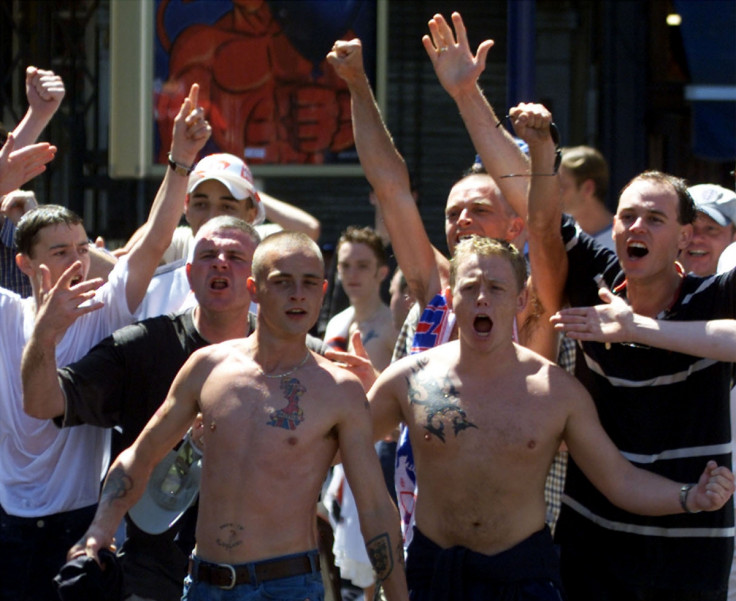'Mob Mentality' Changes Human Brain Say Scientists

A group of scientists has used MRI scans to establish that human beings become less moral when part of a team.
The team of researchers from the MIT, University of California, Berkeley, and Carnegie Mellon University studying the effect of "mob mentality" on the brain found that when subjects acted as part of a team the part of their brain associated with morality and self-awareness became less active.
The tests also showed that not all people were equally susceptible to "mob mentality".
"These results suggest that at least in some cases, explicitly reflecting on one's own personal moral standards may help to attenuate the influence of 'mob mentality'," said lead author Mina Cikara.
Cikara said she initiated the study after being cruelly heckled by rival Yankees baseball fans at a game for wearing a Red Sox hat.
"It was a really amazing experience because what I realised was I had gone from being an individual to being seen as a member of 'Red Sox Nation'," she said.
In the study, published in the journal NeuroImage, the test subjects were asked to play a game in which they had to react quickly as personalised messages appeared on a screen in a competition for money.
Some of the messages related to morality, for example: "I have stolen food from a refrigerator."
As the subjects played, the scientists monitored their medial prefrontal cortex, the part of the brain associated with reflection and moral judgement.
They found that when the subjects were told they were competing in the game as part of a team, there was less activity in that part of the brain when moral messages appeared.
Those with lower prefrontal cortex activity were also more likely to choose cruel and unflattering pictures of rivals when asked to select photographs after the test was competed.
However, while some were strongly affected by being told that they were part of a team, others were not, with scientists speculating that those subjects probably engaged in more explicit moral reflection.
"This process alone does not account for intergroup conflict: groups also promote anonymity, diminish personal responsibility, and encourage reframing harmful actions as 'necessary for the greater good.'"
© Copyright IBTimes 2025. All rights reserved.






















